 A worm is a worm is a worm. Or not! You may not have thought about it, but there are lots of types of worms out there. Here at Uncle Jim’s Worm Farm, we sell three main types of worms: Red Wigglers for composting; Super Reds for composting, releasing into the soil and fishing; and live Mealworms for animal feed. How do you choose which type of worm to buy? Well, it depends on what you want do with them.
A worm is a worm is a worm. Or not! You may not have thought about it, but there are lots of types of worms out there. Here at Uncle Jim’s Worm Farm, we sell three main types of worms: Red Wigglers for composting; Super Reds for composting, releasing into the soil and fishing; and live Mealworms for animal feed. How do you choose which type of worm to buy? Well, it depends on what you want do with them.
Choose Red Wigglers for Composting
If you are composting, you should be thinking about buying Uncle Jim’s Red Wigglers. Red wigglers are Uncle Jim’s flagship worm–a small but mighty powerhouse when it comes to chewing through your compostable waste. Red wigglers are only about 1-3 inches long and the diameter of a pencil lead, but they can easily turn piles of vegetable scraps into excellent garden fertilizer.
Red Wigglers don’t tend to dig deep–they are adapted to chewing up vegetable matter and animal manure in the top layer of soil. So being in a compost bin where their bedding and food scraps are only a few inches deep doesn’t offend them. They are also right at home processing bedding and manure from herbivores, such as rabbits.
If you are composting indoors, Red Wigglers are highly recommended. If your compost bin or pile is outdoors, Red Wigglers are also superior; however, you may need to make a little extra effort to keep them healthy in extreme temperatures. This is because they stay in the top layer of soil. Red Wigglers are not able to survive extreme temperatures. So be sure you have some way to protect these mighty little composters from both intense heat and freezing cold. See tips for protecting composting worms from hot and cold. Worse case, they usually lay hearty eggs before snuffing out.
Red wigglers can be used for trout bait as well.
Choose Super Reds for Lawn Aeration, In-Garden Aeration and Composting, Outdoor Composting and Fishing
Super Red European Night Crawlers belong outside. They are treasured for their power to aerate and fertilize lawns and gardens. Some people elect to use Super Reds for outdoor composting because they can survive temperature extremes better than Red Wigglers.
Super Reds are the big brother to our Red Wigglers. They grow 4-5 inches long and are very active. They will work on compost, but their claim to fame is all those wonderful tunnels they make. They will burrow through many feet of soil, and these tunnels aerate your lawn and garden. They also generate and distribute their own natural fertilizer.
Because Super Reds move through more levels of soil than Red Wigglers, they are more resistant to heat and cold. In addition, European night crawlers breed quickly and make excellent fishing bait.
If fishing bait is your main reason for being interested in worms, have a look at our cupped bait. These 12-ounce cups of worms are all packed up and ready to be used or sold. They will last 3-5 weeks on the shelf with no refrigeration needed.
If you need worms for your lawn, garden, outdoor composter, or to use for fishing, then you should be looking at our Super Red European Night Crawlers.
Mealworms
Technically, mealworms are not really worms: they are the larvae stage of the Darkling Beetle.
High in protein and fat, mealworms are a favorite treat for birds and reptiles! Chickens and lizards love them. So if you are looking for treats for your feathered or scaled pet, you should consider Uncle Jim’s mealworms.
Unlike some other suppliers, Uncle Jim’s sells live mealworms, not dried ones. Depending on the level of moisture, feed and temperature, these mealworms can last up to nine months. We guarantee them to arrive alive, and we include simple instructions with each order.
Whether you need worms for indoor composting, outdoor garden use, fishing, or pet food, Uncle Jim has the worms for you! We’ve been breeding worms for more than 40 years, so we know our stuff! You can count on high-quality worms, guaranteed to arrive alive.
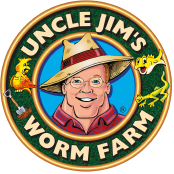

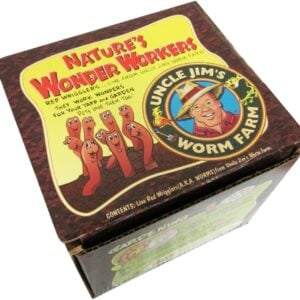
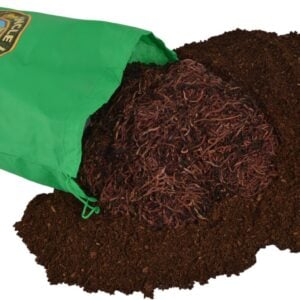
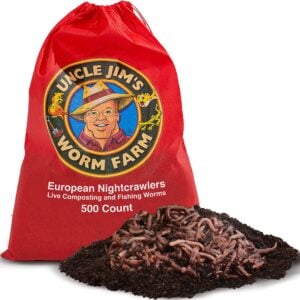
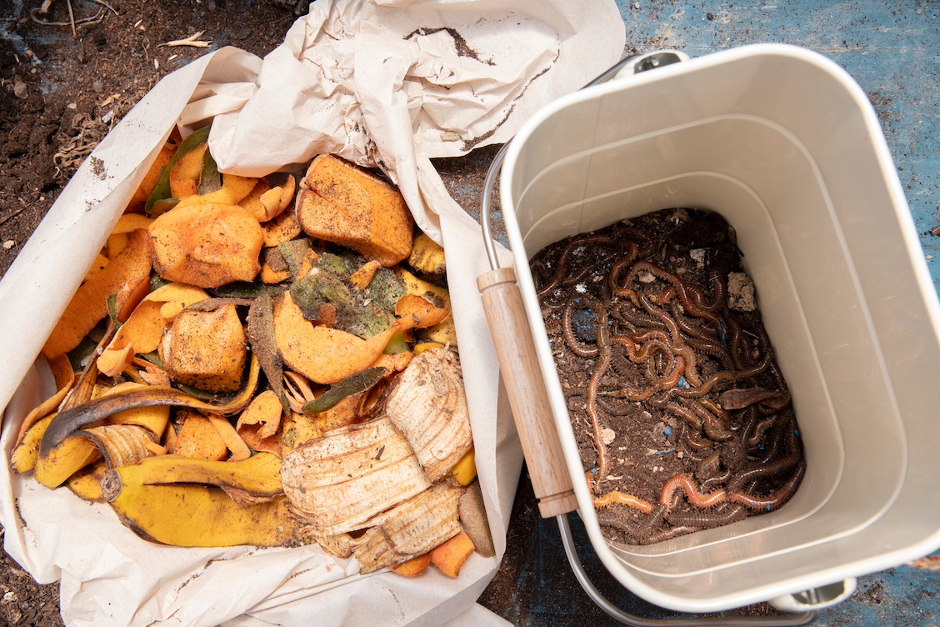

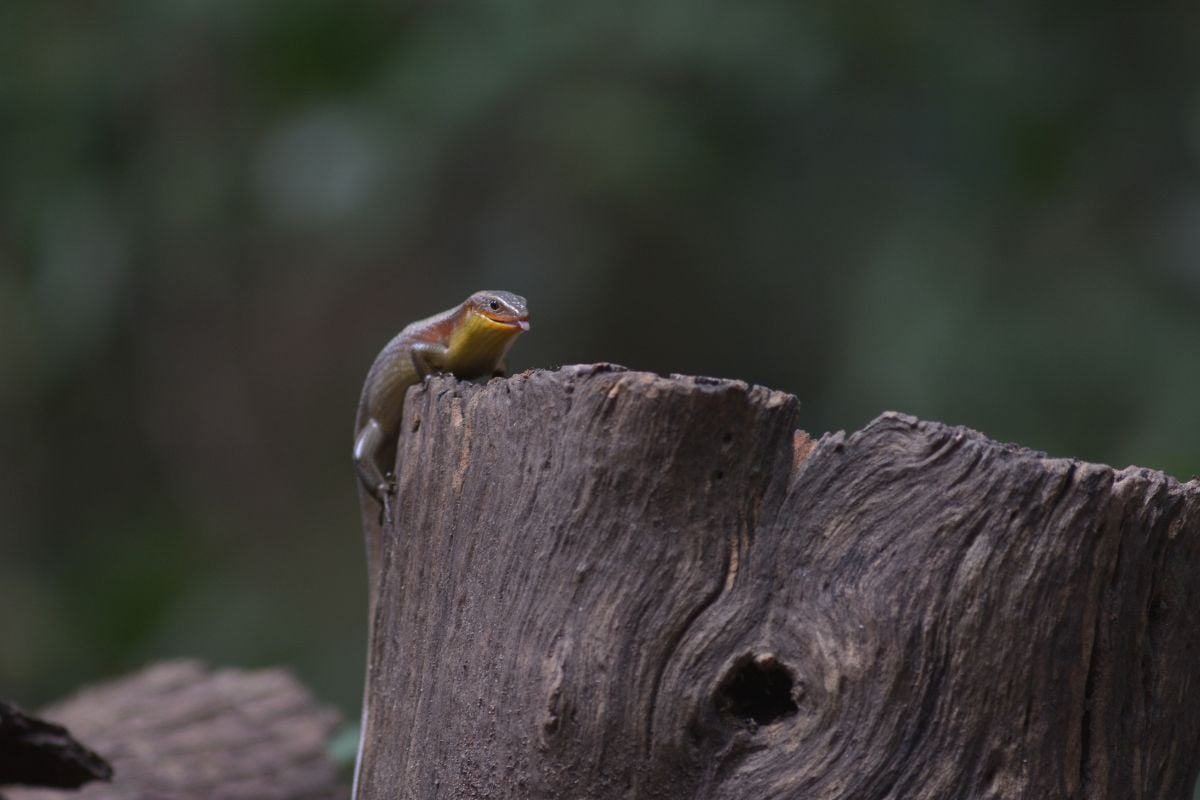
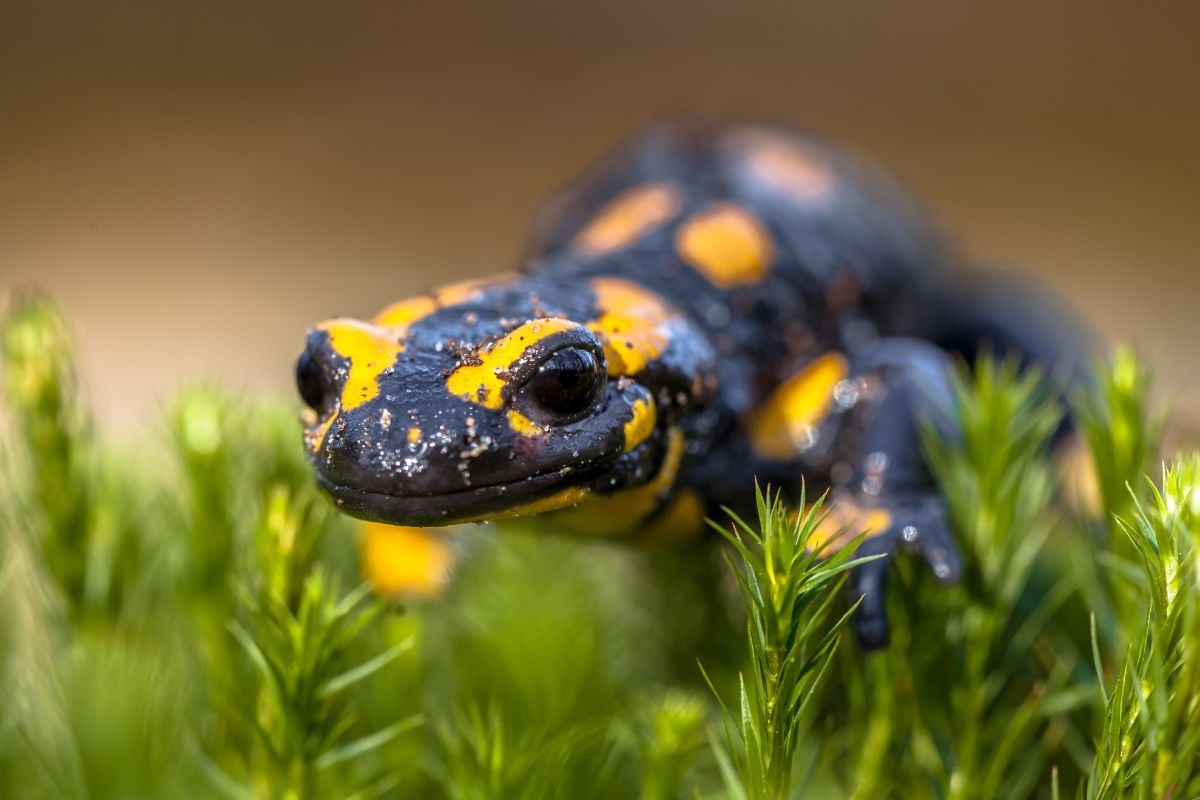
19 thoughts on “Which Type of Worm Do I Need?”
I live in the Northeast and winter is on it’s way. Is this a good time to populate my outdoor garden with worms and compost now and during the winter for a healthy garden in the spring?
Will I be able to breed your meal worms?
I want to grow European Night Crawlers, and sell them. What inside bin or container would be best for them since they ‘go deep’? I had thought of your Compost Wizard Standing Bin, as it is deep. I want to keep it inside…as you can see I am REALLY new at this. BUT, my red wigglers are soooo happy for about two weeks now and that gets me a thinkin. I have ordered paper bags (lined with wax) with a window on them, that I will try and sell the castings locally in. How long can the castings be worthwhile after they are made? Do they deteriorate quickly? The live micro things must have needs as well? Oh so many different questions. Thank you, Janet.
I think when they installed my sod the compacted the topsoil too much. In three spot approx 10′ x 10′ there is puddling. Might the Super Reds solve this problem. If so how many would I need, can I buy them from you and how much. Thanks.
Since you do not have good drainage aerate your lawn you can either rent a machine at Home Depot or do it by hand. Since it’s a small area they have a tool you can buy to aerate your lawn. The tool is inexpensive.
I’m thinking of raising red worms solely for fishing for myself and a buddy, what do I do?
Dear Uncle Jim,
I’m interested in purchasing worms from you again, but since my last order I have read this article…https://curiosity.com/topics/earthworms-arent-as-good-for-the-soil-as-you-think-curiosity/
Are your worms compatible with the soil environment of Vermont?
Thank you,
Grace
I live in Phoenix Az. I have several raised beds for vegetables. What kind of worms do I need?
I live in the Spokane, Washington area and own a 2 1/2 acre meadow field. Meadow grass grows on most of it, but there is a 1/4 acre or so of it that has no grass, no organic matter. I am spreading grass clippings over this land in an attempt to generate some bacterial activity. I may also add manure. I was wondering if adding some earthworms might help.
During June and July, this area gets real hot with no water. Not sure the worms would survive.
I’m going to be buying night crawlers from you. I’m trying to figure out if I want to buy them bulk and raise them or buy them in containers and order as needed. I’m definitely looking at convenience and would start off with 5 dozen and try and figure out how many I would need and in what time.
Then I would just keep ordering on a consistent basis. I can refrigerate them or not
Would like to grow worms for fish bait. Live in southern Louisiana and would keep bin on a pier under cover. Have concern of 90 deg heat in the summer. Would a 48 quart igloo chest used as the worms home protect and insulate from 90 deg temperature.
We live in rural AR. We have chickens, a pond and composting bin started. What would be the best for us? Our soil is rocky and more of a clay.
I’m getting some blue plastic barrels to cut in half to use for rooftop garden planters I’m planning on adding worms to create the fertilizer for my garden plants will the worms eat the vegetables
I will put 4 inch PVC pipe with holes drilled in the bottom half down in my grow media to drop Kitchen scraps in to to feed the worms what type of worms would you recommend for a rooftop garden planter
I’m getting some blue plastic barrels to cut in half to use for rooftop garden planters I’m planning on adding worms to create the fertilizer for my garden plants will the worms eat the vegetables
I will put 4 inch PVC pipe with holes drilled in the bottom half down in my grow media to drop Kitchen scraps in to to feed the worms what type of worms would you recommend for a rooftop garden planter
I live in north central montana and would like to compost with worms in the basement and then as they multiply add them to my garden soil. Which kind of worm do you recommend?
need big and fat worms for fishing what is the best night crawler ?
WANT LAWN WORMS FOR MY LAWN… DO I JUST THROW THEM ON THE GRASS?
I live in Kansas. In summer it gets super hot and dry. What worms would you recommend for my in-ground vegetable garden?
HOW WORMS WILL I NEED IN MY RAISED VEG. GARDEN BEDS 2 FT. X 4 FT. X 10 INC.